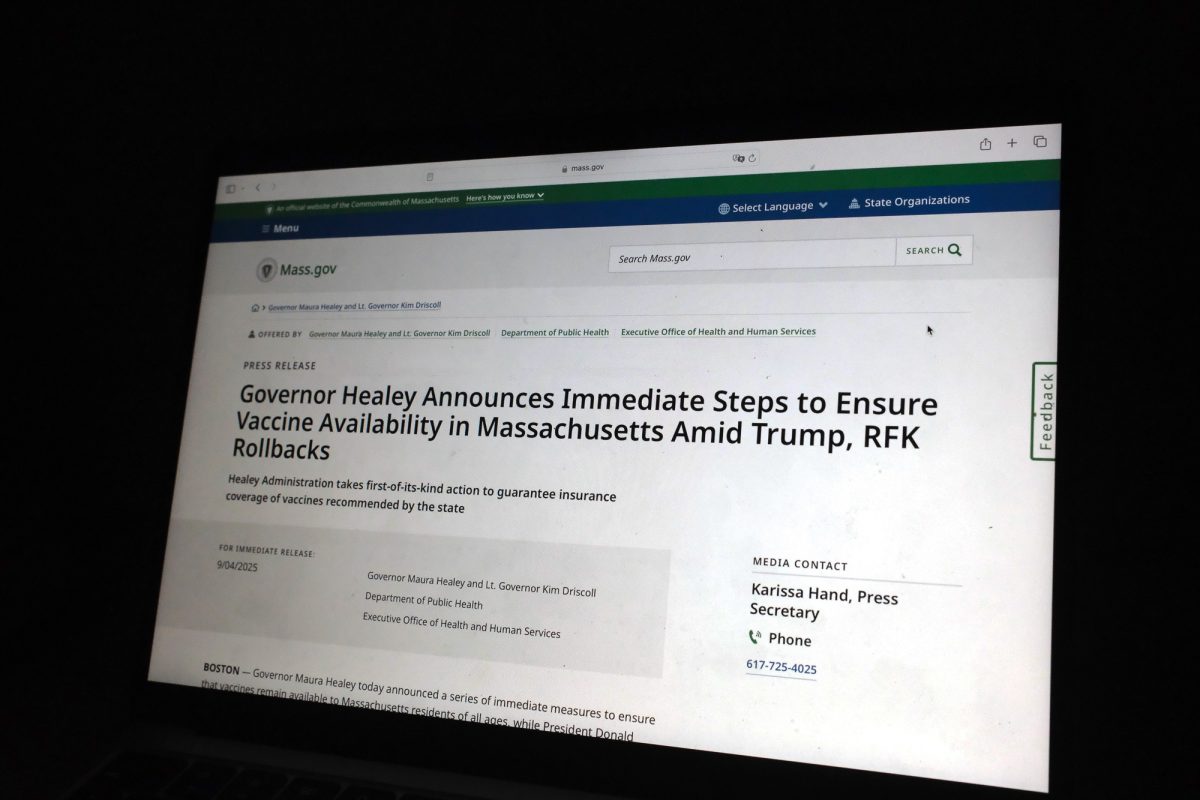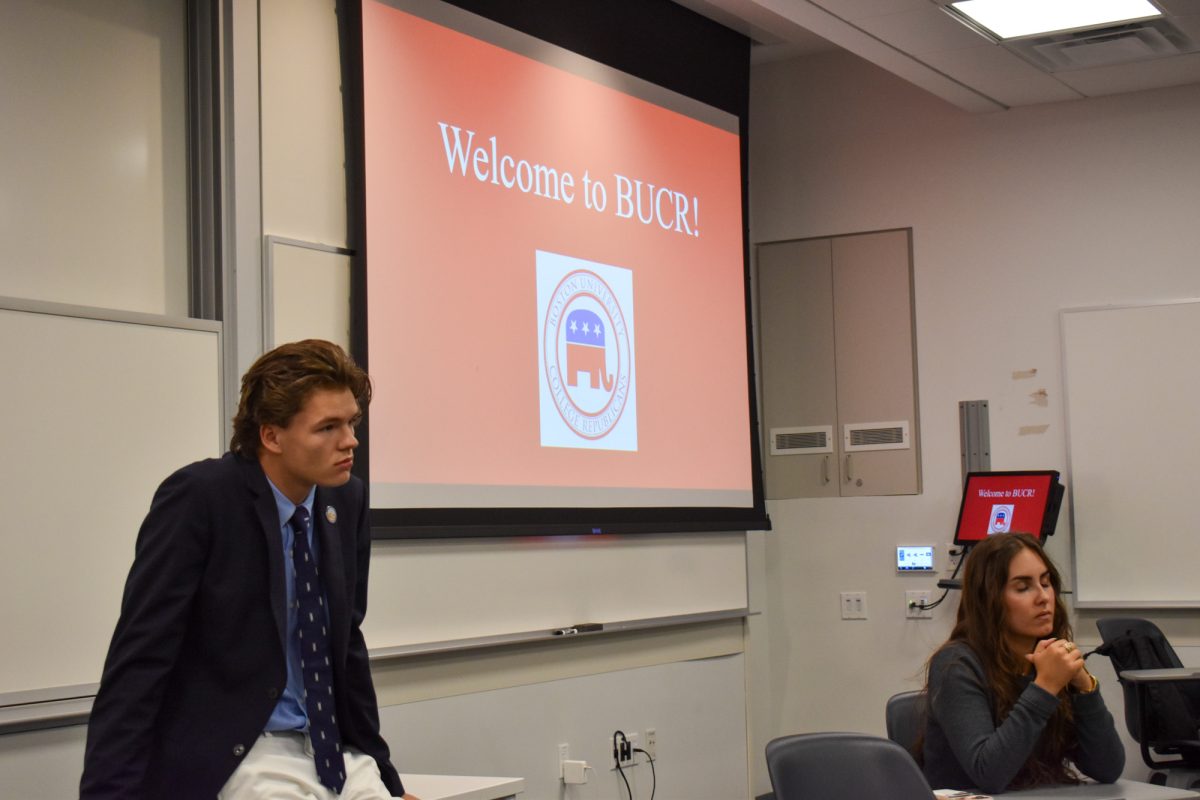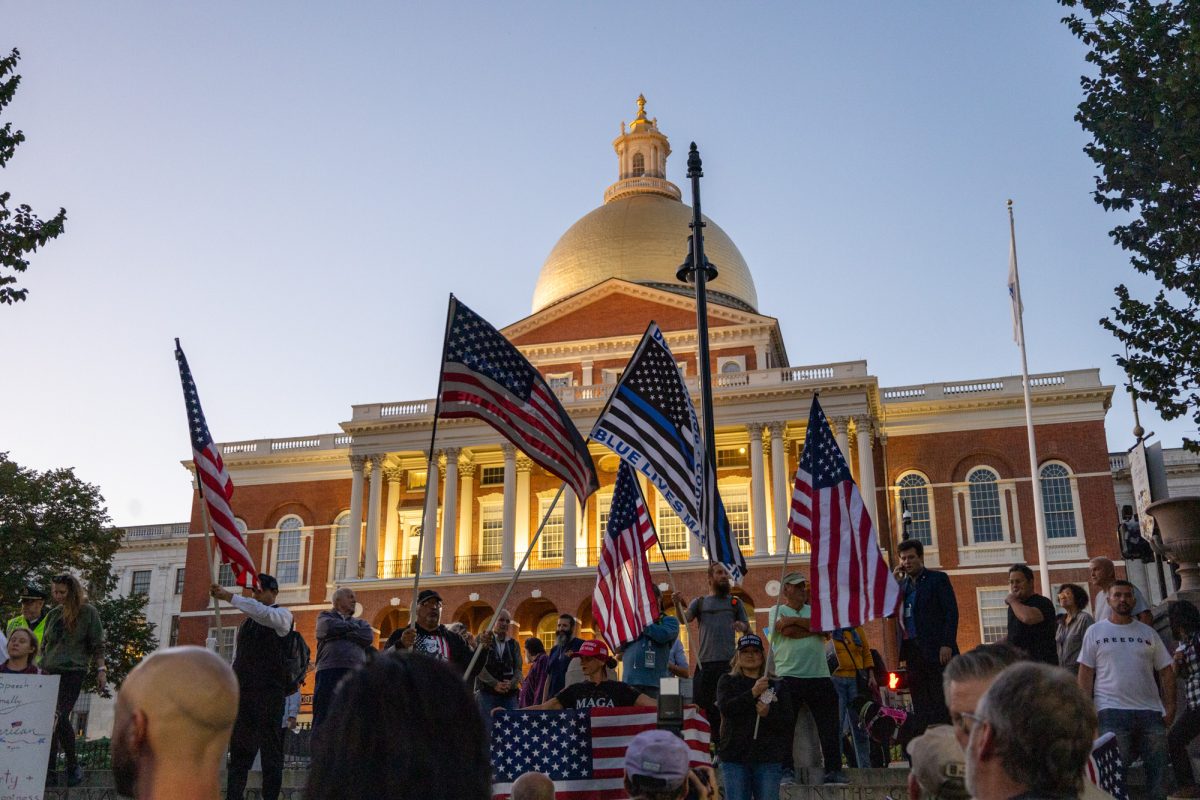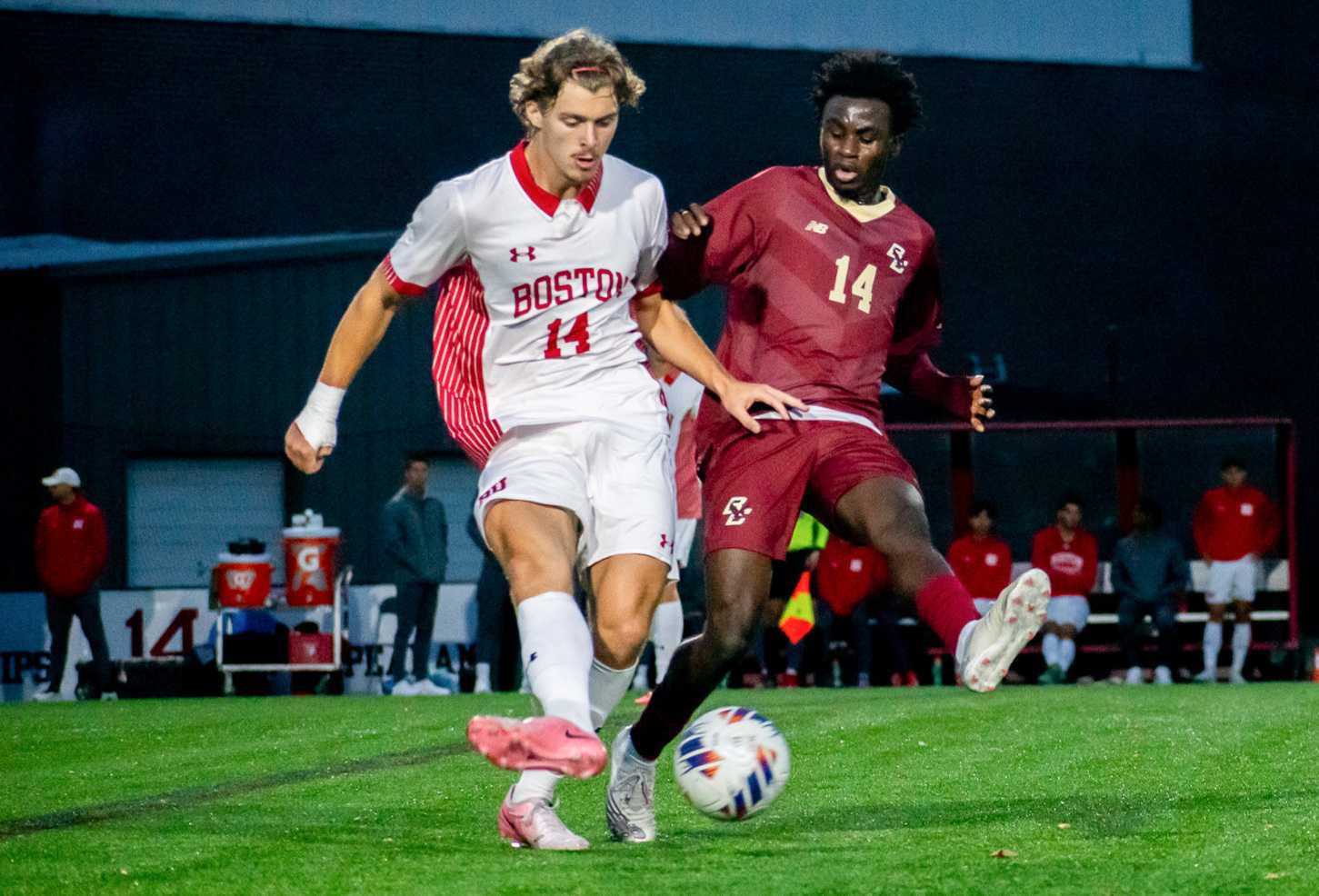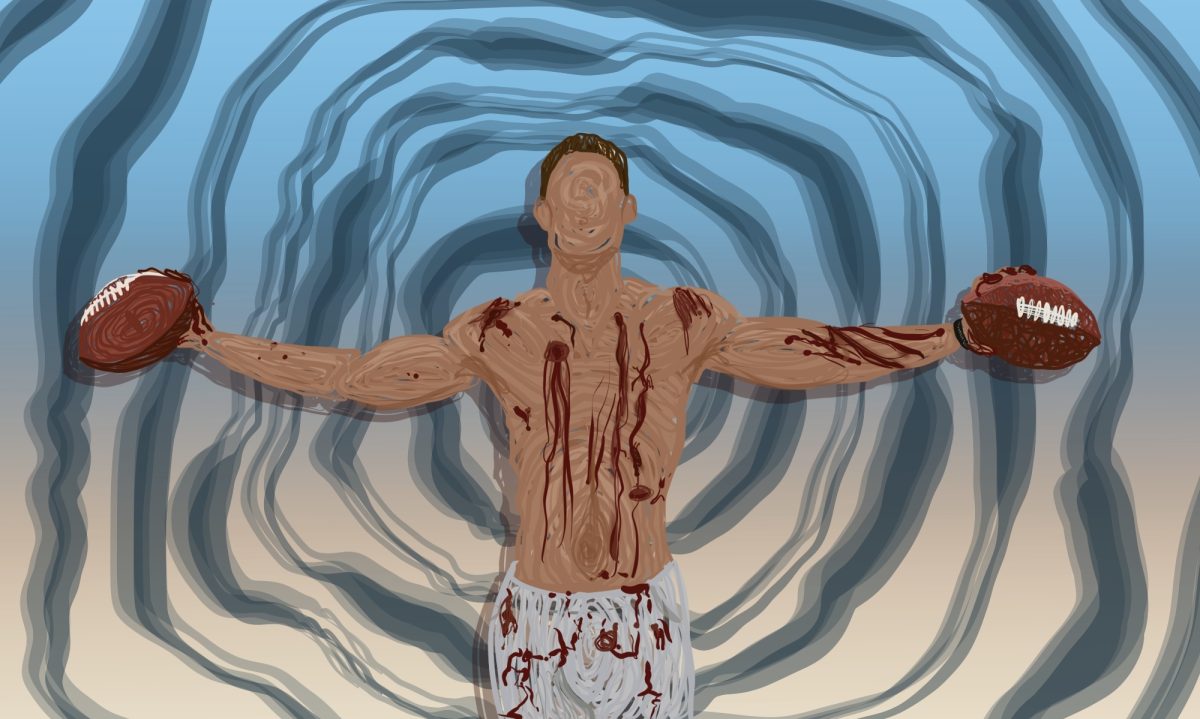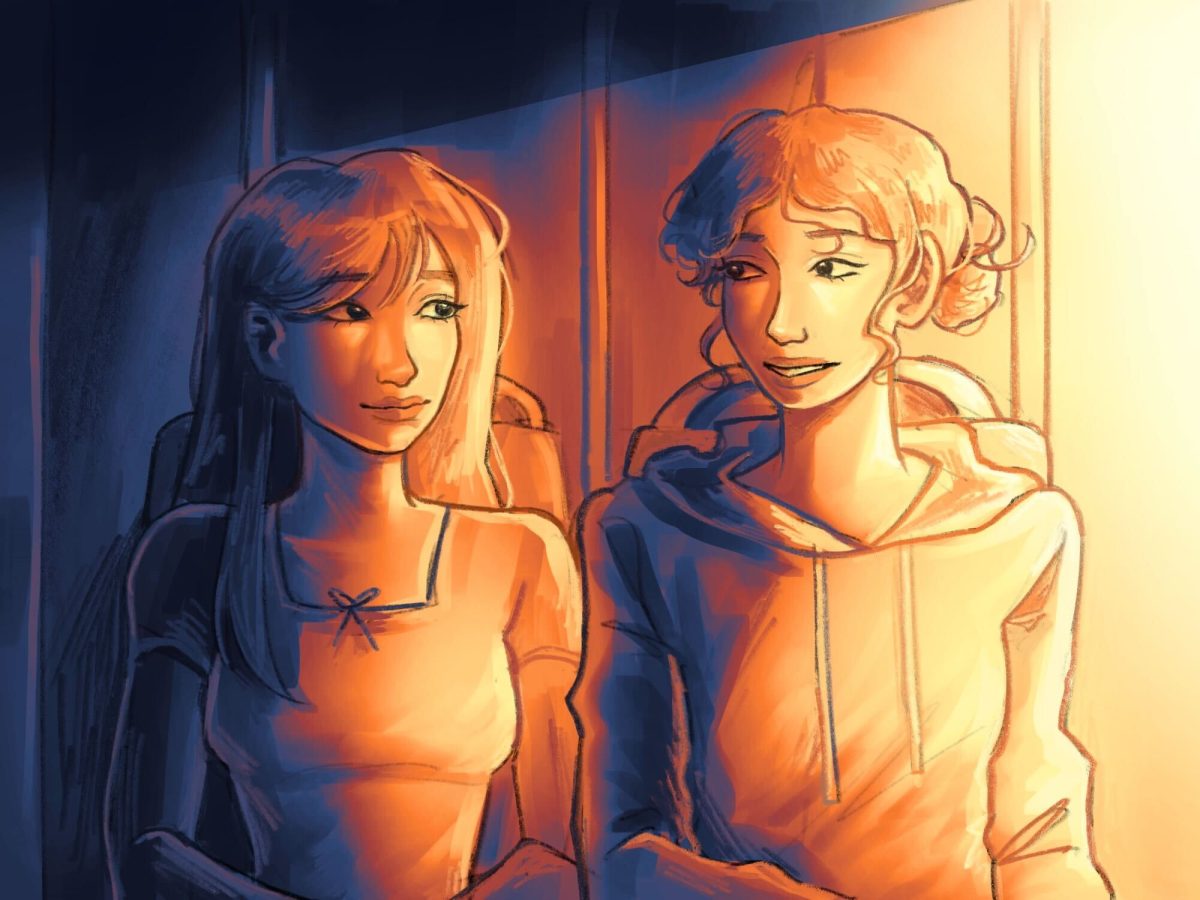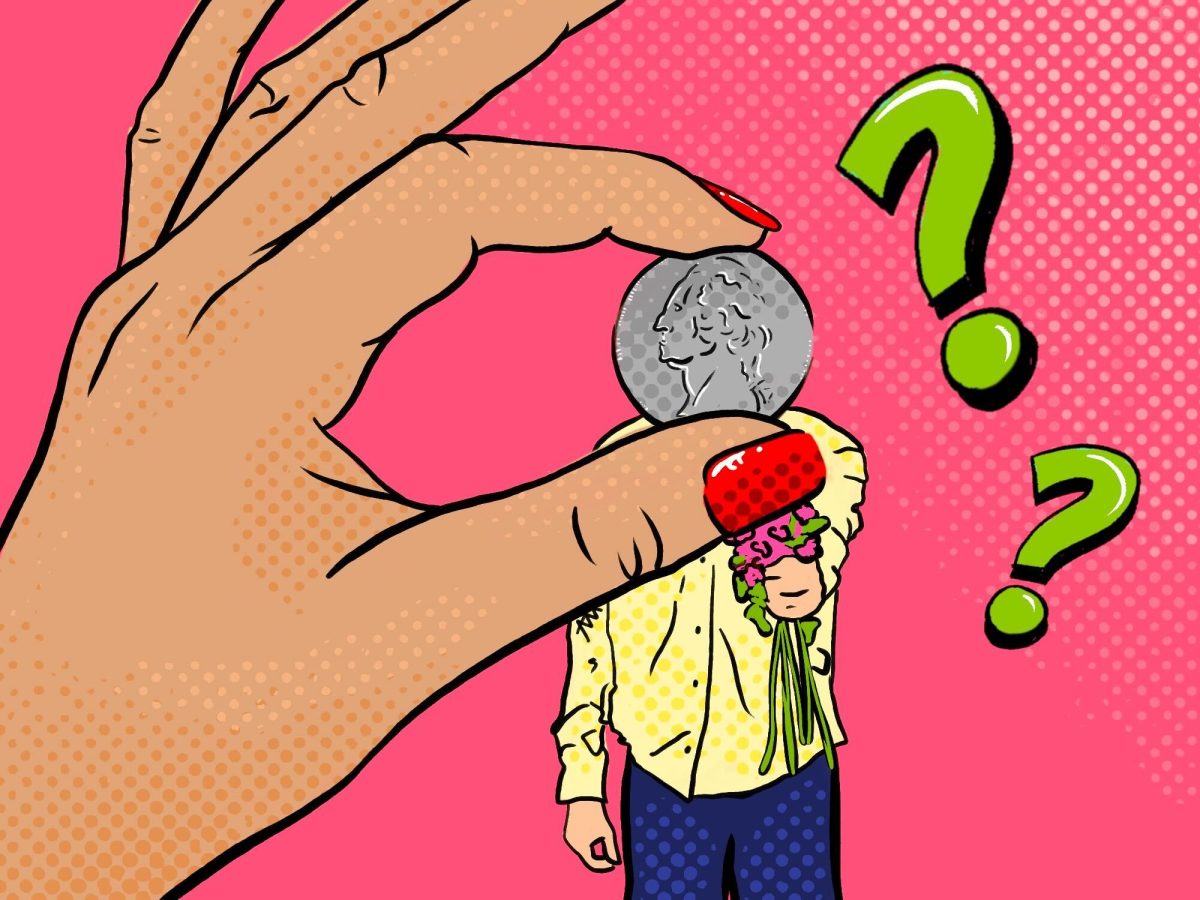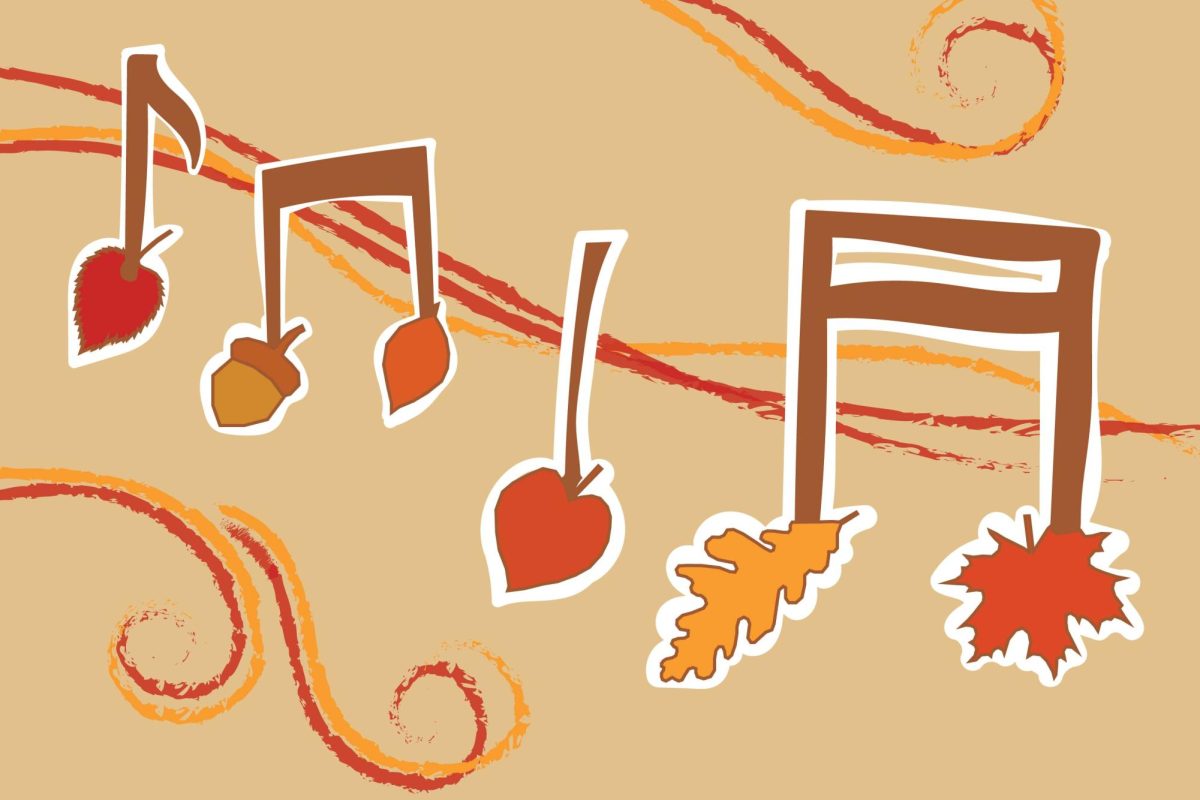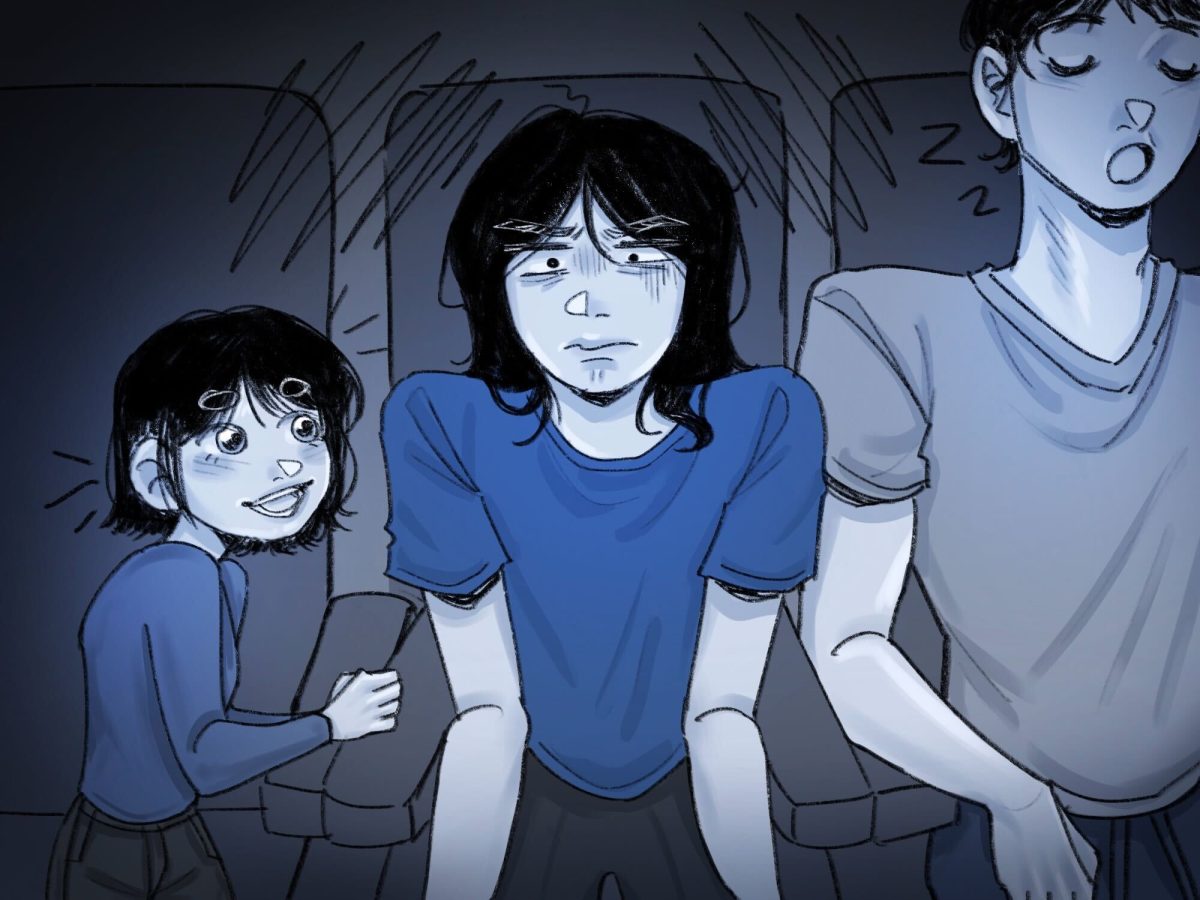Recently, Scholastic has pulled a “Captain Underpants” spinoff graphic novel, “The Adventures of Ook and Gluk” by author Dav Pilkey, for racial stereotypes and imagery. Pilkey issued a public apology Friday and redirected his royalty profits from sales of the book to diversity and Asian American and Pacific Islander American centered nonprofit organizations.
This recall comes after six Dr. Seuss books were taken out of print earlier in March for racist caricatures, spiking other Dr. Seuss book sales from enraged conservatives who argued it was cancel culture gone too far.
These two incidents have come to light a decade or even decades after the initial publication of the books.
One might make the comparison to historical pieces such as “Gone With the Wind,” which perpetuated racism and inaccurate depictions of slavery. Could “Captain Underpants” and Dr. Seuss books simply be products of their time as well? If so, why is there a double standard? After all, if people in the 1950s or 2010s had found the books offensive when they were first sold, we wouldn’t be here today.
But, we have to consider a few more factors when recalling children’s books — they’re not entirely comparable to the classics.
One, these books are primarily aimed at children, which means they have more potential to leave a deeper, more harmful impact. Children rely on books to learn important life lessons and often turn to them for social guidance.
Two, they hardly hold the same cultural significance as “Gone With the Wind,” “To Kill a Mockingbird,” “Of Mice and Men,” “Little House on the Prairie” or other controversial and banned works.
Three, the books haven’t been banned, nor will existing copies be censored or destroyed.
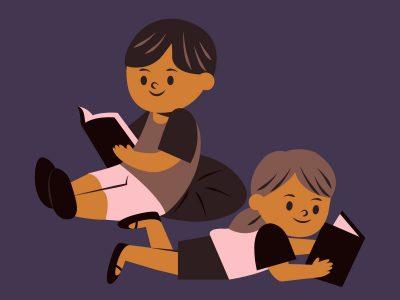
Perhaps a solution could be following in the footsteps of the streaming service HBO, which issued a disclaimer and historical context videos to accompany “Gone With the Wind.”
But it’s hard to slap a disclaimer on children’s books and expect seven-year-olds to fully care or understand why these subtle, passive depictions are racist without further discussion. Furthermore, the Dr. Seuss recall has shown that labeling books as problematic will only spotlight them for people to gleefully buy and read to their children.
Children may not recognize the harmful images shown in these books for what they are. However, even when we aren’t consciously aware of what we’re consuming, unconscious messages can prime our brains and behavior. This is especially harmful for young children who are at an impressionable age and gain an understanding of basic racial stereotypes before they even reach elementary school.
It’s not just one source or stream of information that shapes childrens’ worldview, but if we let “Captain Underpants” and others like it slide, then these messages can saturate the media they consume and become normalized.
When kids are constantly receiving negative feedback about a certain group or identity from their favorite books or movies, that can become a slippery slope for internalized racism, sexism, homophobia or other discriminatory beliefs.
The actions taken by Pilkey and his publishing company are crucial examples of how to properly remedy past mistakes. They did everything right, especially by donating revenue to nonprofit organizations to rectify damages that had already been wrought.
The solution shouldn’t be playing catch up to years-old mistakes, though. We need to implement a more thorough editing process through publishers and publishing companies. There must be more touch points implemented so we can find implicit racism or problematic themes earlier in production, before the book is even available to children — this means creating more diverse publishing and writing companies.
We also need to uplift more authors of color. Pilkey’s case demonstrates there’s a fine line between cultural appropriation and appreciation. Though he meant well and intended to “showcase diversity, equality and non-violent conflict resolution” with traditional Chinese philosophy, he didn’t execute it properly.
Let’s popularize children’s literature by Black, Asian, Hispanic, Pacific Islander, Indigenous, LGBTQ+ and female writers and increase representation to inspire young kids.
This can only happen if schools change their course curriculum and modify their reading lists, publishing companies are actively inclusive in the writing they represent and libraries seek to support authors from marginalized groups.
Parents should also have these discussions with their children at home. In cases where books such as the “Harry Potter” series are a staple of popular culture and so deeply rooted in our society, there is no effective recalling, banning or canceling.
We can’t dismiss valuable and relevant art or writing — we can only educate children to be mindful and compassionate members of society, talk to them about why certain aspects of these books may be harmful and create better content for them to learn from going forward.





